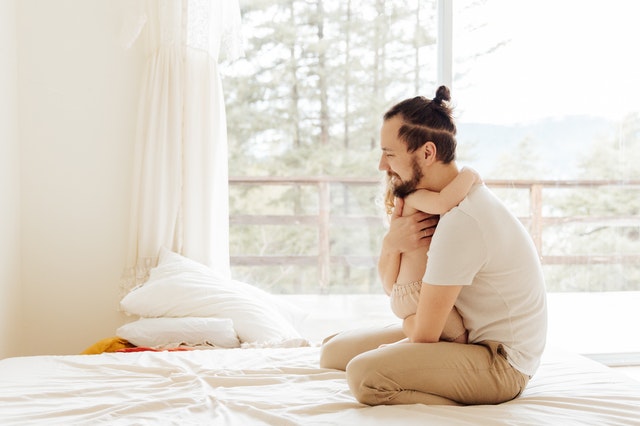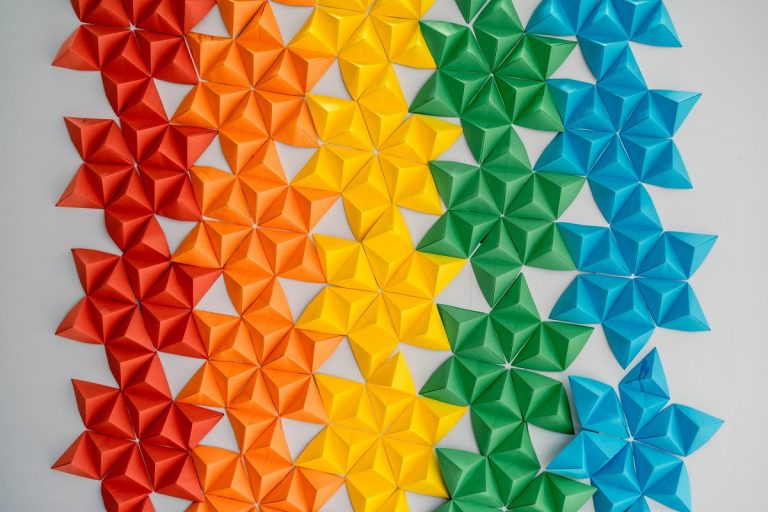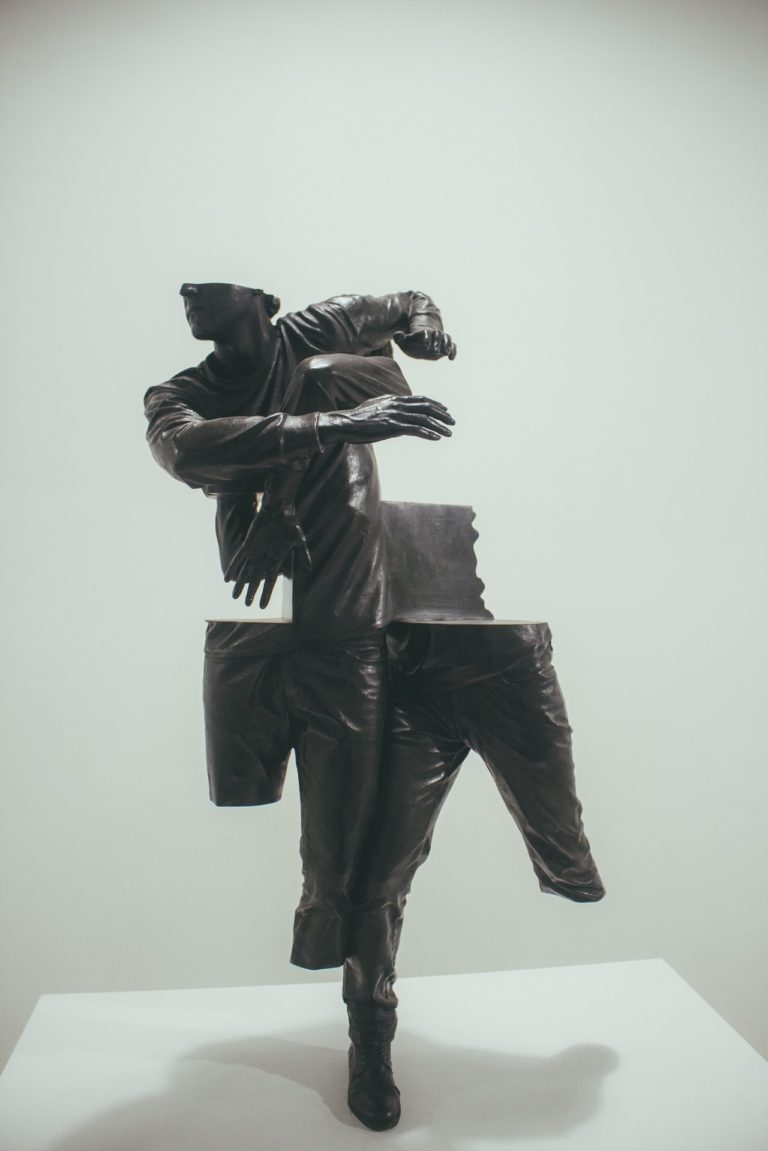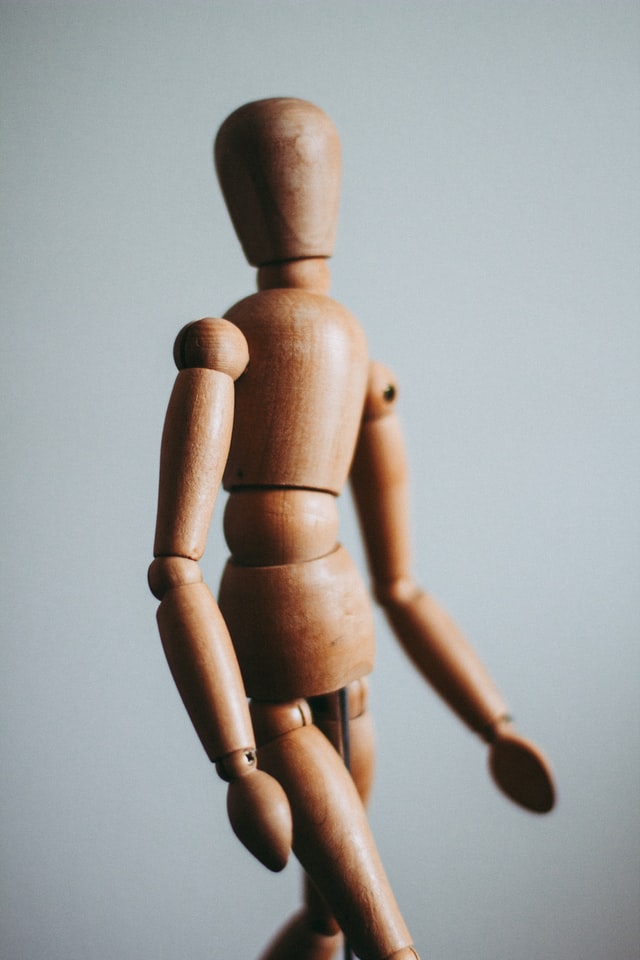Coping with anxiety is tough, more so when you have work, relationships or families to attend to. Anxiety is a subjective experience but there are aspects that are universal. One thing about anxiety that is common for everyone is that it keeps you from enjoying things as much as you should be. Plain and simple: anxiety steals your time, possesses your energy, occupies your focus, hinders your relationships and hurts your performance by damaging your engagement and passion.
Would you like to get a handle on your anxiety by teaching your body and brain to respond differently to your triggers?
The follow is a brief guide to help you through periods of anxiety. Regular practice is recommended to help manage symptoms and gain insight into your triggers, the emotions, events or experiences that begin or exacerbate your anxiety.
breathe

So when you find yourself in the grip of anxiety, I want you to remember to breathe. Slowly and deeply. This is vital. Close your eyes, breathe in for four seconds, hold it for 7 seconds and exhale for 8 seconds. Repeat and continue for several minutes.
At the same time I want you to use your awareness. Try and focus your awareness on your breath. Follow your breath with your awareness, follow the inhale of 7 seconds. Then the holding of the breath for 4 seconds. Then the exhale for 8 seconds.
This can be difficult especially when you first begin so don’t worry if you don’t get it right, it will take a bit of time to feel natural. Your thoughts might prevent you from being able to focus and that’s totally normal. Always be kind with your self and your efforts. What you are trying to do is big work so always remember to give yourself a pat on the back each time you try. I recommend practicing this breathing technique before sleeping or at other times when you are more relaxed. Coping with anxiety will be made easier once you have learnt a good breathing technique.

When you have become confident practising the breathing technique you can begin to incorporate a scan of your body and identify some of the feelings that are present for you. This may be tightness in your chest, or heat in your face, maybe its a sensation of tension in your gut or shakiness in your legs. When a sensation is identified I want you to place your hands over this sensation. For example if your heart is pounding very hard , take your hands and “hold” your heart. Continue breathing and repeat a short simple yet comforting phrase like “ its okay , I’ve got you”.
hold

Working towards regulating your nervous system is the first step in dealing with anxiety. Literally holding the body during anxiety is wonderful, it provides you with much needed containment and safety. It feels good accompanied by deep slow breathing. I encourage you to try it next time you feel anxious.
The above is a great practice for when you have a strong and abrupt experience of anxiety, like an anxiety attack. There are also things you can do for low level or more generalised anxiety too.
move

Exercise is great, activity of all sorts including running, lifting weights, yoga and walking are all very effective in combating the effects of anxiety. I like to view anxiety as a big store of energy that isn’t being used so it starts to get bored and troublesome, then it throws a tantrum inside of us. Sometime that energy is worry, sometimes its guilt, sometimes its trauma and sometimes its a combination of factors.
By utilising your stores of energy, (mental, physical, emotional and or spiritual) , even when you don’t have anxiety is a clever way of reducing different forms of stress. So get up, keep moving, use your brain and remember to smile, even when its the last thing you want to do.
disconnect

Limit your time online. Constant interaction with technology is partly responsible for many peoples experience of anxiety. Being overly connected can cause a bunch of problems and the only remedy to this is moderation. Unfortunately the experience now of disconnecting from technology carries with it its own form of anxiety and this too needs to be addressed. So start with whats manageable and possible within the parameters of your work and your reliance on technology. I recommended setting some boundaries and designate times free of technology.
Often our thoughts spiral and cause a bout of anxiety. A distant worry, a deadline, a due date, a visiting relative, a shameful memory or a disagreement with our partner can be the starting point for a anxious episode. Our thoughts especially when negative can build so quickly then come crashing down before you can stop them. And all of a sudden we are anxious, we have become our thoughts. This is a horrible experience and one that commonly drives anxiety. So what to do?
challenge

There are several things that can be beneficial. Starting with challenging your thoughts, especially negative ones. Ask is that true all of the time? Is it that bad? Is there another side to this I’m not seeing? Challenging negative thoughts allows you to disrupt this process. If you can disrupt the formation of anxiety by challenging your thoughts you can avoid a state of overwhelm. With regular practice you will begin see changes in your anxiety response and in time you will be able to recognise some of your triggers.
express

Another great tool for coping with anxiety is writing. When you feel anxious I encourage you to write with pen and paper all your thoughts. Don’t judge or think too much , just let it all come out on paper. This is a great way to give yourself some distance and perspective with your anxiety. It can produce some very valuable insights too. Another reason why writing is effective is it is giving your anxiety expression. Symptoms of anxiety are trying to communicate something to us. Giving yourself permission to express whats going on can be really hard. But it is a vital step and depending on your situation one that might be easier to take with a qualified counsellor.
reach out

This is by no means all that you can do for anxiety but its a good start. I will continue to write more articles about coping with anxiety and depression , offering tips and therapeutic practices to help you through your day. If you have any questions or wish to discuss your anxiety please contact me for a free consultation.





